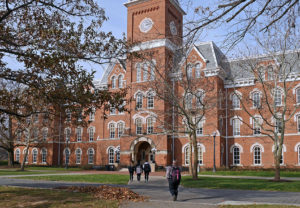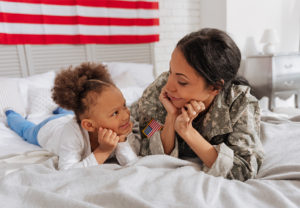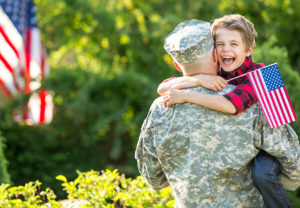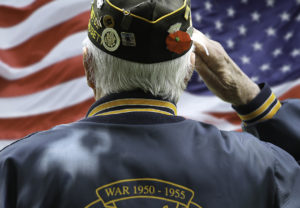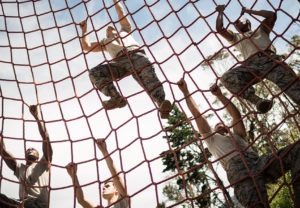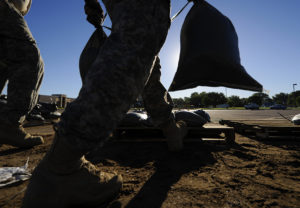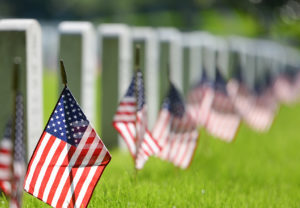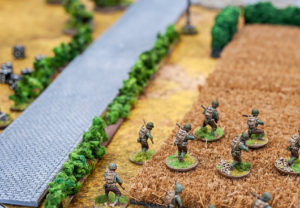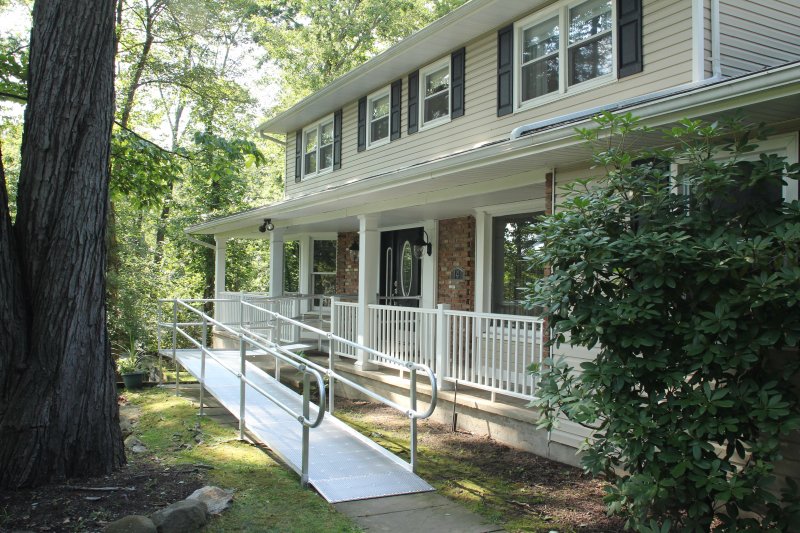All military veterans face a harsh transition when they come back home and leave the military. For wounded warriors, however, simply finding a place to live that accommodates their disabilities can be a struggle of its own. When its time to renovate a home so that a wounded warrior can adapt to their “new normal,” they can use tax and veterans benefits to the smooth the process.
Here are three tips from USAA for military vets modifying their homes:
-
The Veterans Administration offers support programs. The VA maintains three programs designed to help disabled vets buy, build or modify a home to fit their circumstances. They are all grants — meaning the money needn’t be paid back. The Specially Adapted Housing Grant offers up to $70,465 to build or remodel an existing home. The separate but similarly named Special Housing Adaptation Grant offers up to $14,093 to modify a home owned by the veteran or a family member’s home in which the veteran will live. Finally, the Home Improvement and Structural Alterations Grant provides a lifetime benefit of up to $6,800 for certain modifications. All three grants are tax free and can be used with or without a VA home loan. The specific eligibility requirements for each program are detailed on the VA website.
-
You may qualify for federal income tax benefits. Home improvements with the main purpose of medical care qualify as medical expenses and may be deductible if they exceed 10% of adjusted gross income (or 7.5% for those over 65). There’s also a deduction available for impairment-related work expenses. These are out-of-pocket costs for items necessary for the disabled person to be able to work, and they’re not subject to the 10% threshold. IRS Publication 502 explains these benefits in more detail.
-
Many states offer property tax relief. Although not related directly to home modification, many states offer property tax breaks to disabled veterans. These could reduce or even eliminate property taxes on veterans’ homes. Check with your state taxing authority for the details.
Beyond these benefits, veterans should recognize they needn’t go it alone. Community and non-profit organizations across the country are standing by to assist. Check out Rebuilding Together, which offers programs geared towards disabled veterans.







